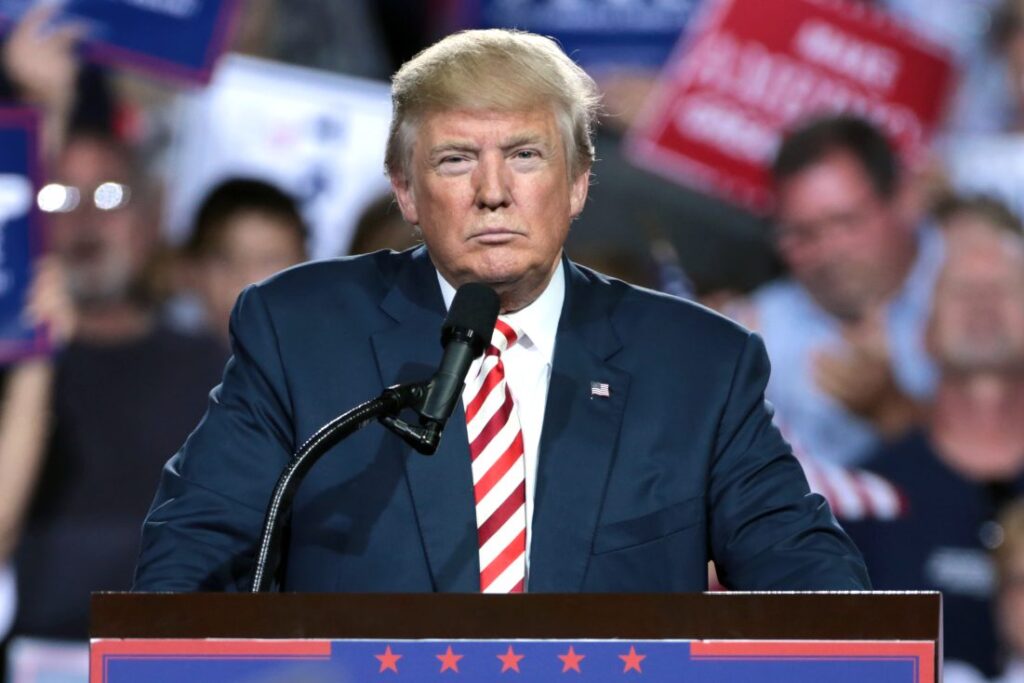President-elect Donald Trump has snagged a very prestigious annual award for the second time as he prepares to reenter the White House for what will be his second and final term in office. TIME Magazine’s Person of the Year, a tradition dating back to 1927, has always symbolized influence—for better or worse. In 2024, the decision holds even greater significance. Set against the backdrop of a pivotal U.S. presidential election, global unrest, and profound societal changes, the selection will encapsulate a year shaped by political comebacks, personal resilience, and global reckonings.
Multiple reports indicate that is likely to be named TIME Magazine’s Person of the Year, a distinction that would place him among the most notable figures in history. Three individuals familiar with the plans who spoke to Politico confirmed that the president-elect will ring the opening bell at the New York Stock Exchange on Thursday morning to celebrate the unveiling. The sources, who spoke on condition of anonymity because they were not authorized to discuss the matter publicly, confirmed the recognition as Trump prepares for his return to the White House.
Trump, who was named TIME’s Person of the Year in 2016 after his first presidential victory, now joins the ranks of U.S. leaders who have appeared on the cover multiple times. This exclusive group includes Franklin D. Roosevelt, Dwight D. Eisenhower, and most recently, President Joe Biden. Trump’s political resurgence in 2024 made history, as he became only the second president in U.S. history, after Grover Cleveland in the late 19th century, to win non-consecutive terms.
Trump’s return to political prominence was defined by an election that defied expectations and conventional wisdom. Fueled by widespread dissatisfaction with the Biden administration’s handling of the economy, immigration, and foreign policy, Trump reclaimed critical battleground states that had slipped from his grasp four years earlier. His victory reaffirmed his dominance within the Republican Party and highlighted his enduring appeal to working-class voters and independents drawn to his “America First” policies.
This year’s shortlist, announced earlier in the week, featured Vice President Kamala Harris, Israeli Prime Minister Benjamin Netanyahu, and Yulia Navalnaya, widow of Russian opposition leader Alexei Navalny. Each nominee symbolized major global events: Harris for her determined yet unsuccessful bid to retain Democratic control of the White House, Netanyahu for his leadership during a turbulent year of conflict in Israel, and Navalnaya for emerging as a powerful symbol of resistance against authoritarian rule in Russia.



